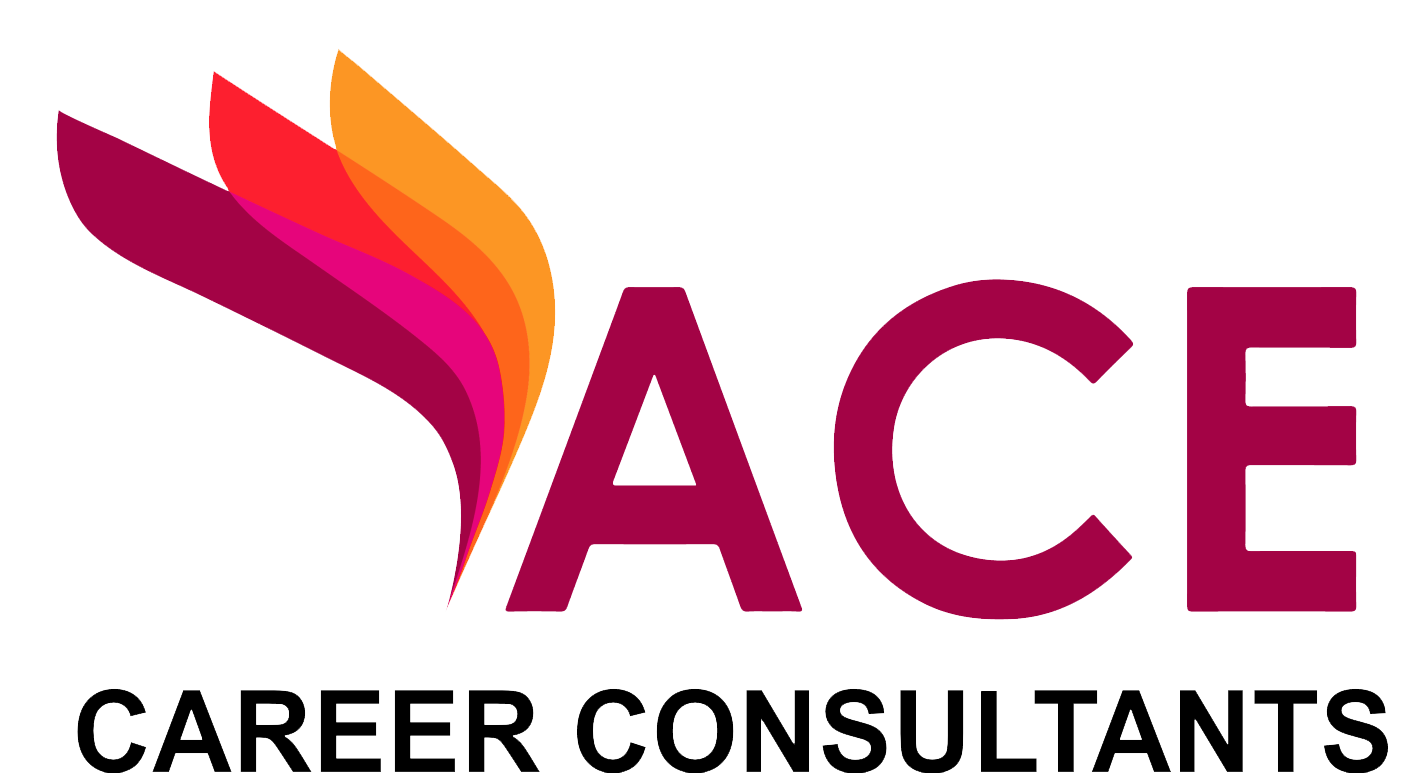Admissions are open for various programs like vocational, foundational, undergraduate, post-graduate, PhD or post-doctoral aimed at Fall, Spring, and Summer intakes. Rolling admissions are on for higher studies depending on the country you chose. International students can get admission into several disciplines like medicine, engineering, technological, management or sciences for better career advancement.
Admission into universities or affiliate colleges requires you to submit fully complete institution’s application form along with a copy of your high school, diploma or graduation transcripts, a Letter of Intent, test score of IELTS / PTE / TOEFL for English language proficiency, a copy of your valid Passport, curriculum vitae, your recent passport size photograph, along with the relevant course fee. Few universities would even ask for your GRE / GMAT / CAE / SAT test scores. Some international students seek university scholarships for higher studies, whereas, there are undergraduate courses which are even free. All you need to keep in mind are the deadlines for receipt of university applications if you wish to get into some of the most renowned universities abroad. Call us now!
Masters in Information Technology
A Master of Science in Information Technology (abbreviated M.Sc. IT, MSc IT or MSIT) is a type of postgraduate academic master’s degree usually offered…
Master of Busines Administration (MBA)
The Master of Business Administration (MBA or M.B.A.) degree originated in the United States in the early 20th century when the country industrialized and…
Bachelor of Nursing
The Bachelor of Science in Nursing (BSN, BScN) also known in some countries as a Bachelor of Nursing (BN) or Bachelor of Science (BS)…
Bachelor of Engineering
The Bachelor of Engineering, abbreviated as B.E., B.Eng., or B.A.I. (in Latin form) is a first professional undergraduate academic degree awarded to a student…





